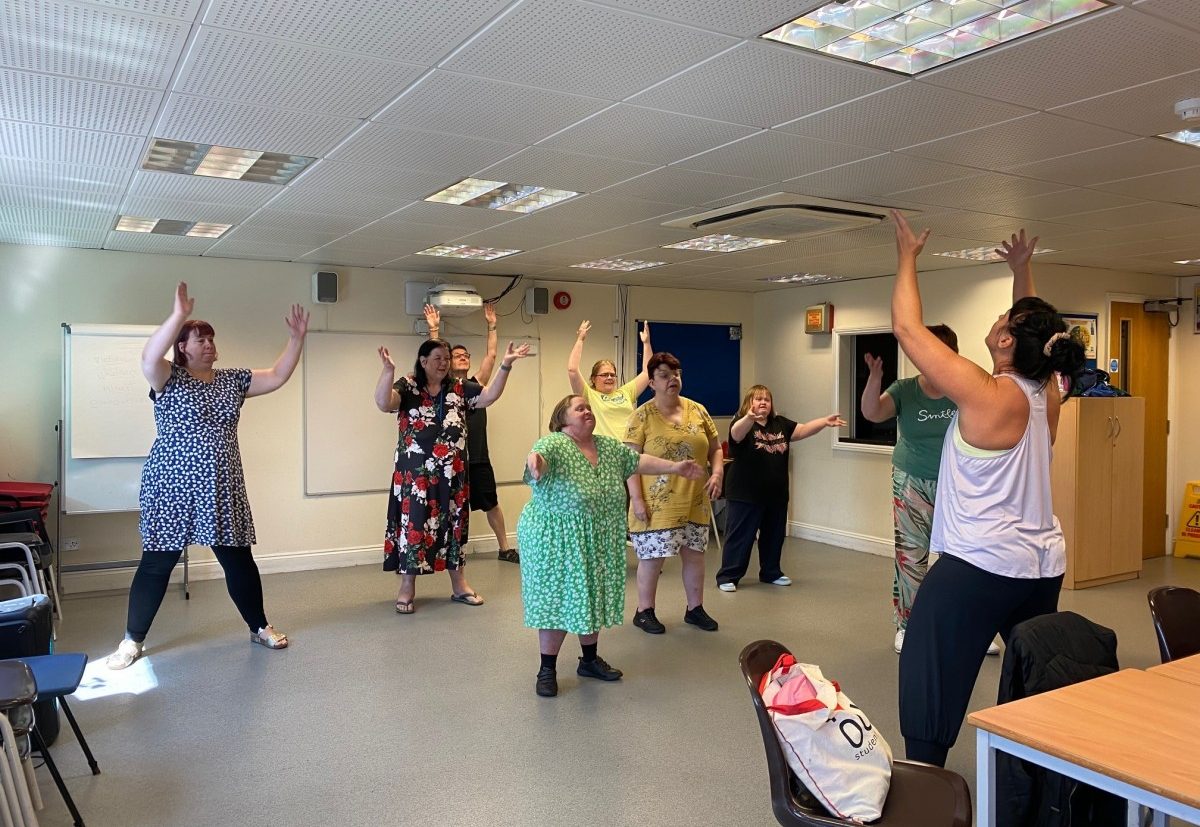Whilst caring can be rewarding and bring people closer to loved ones it can also impact our health. Carers face a range of health and wellbeing issues and if you are a carer and need support please talk to one of our Healthy Lifestyle Practitioners.
Supporting your physical health
Caring can impact your physical health and we know nationally that carers are more likely to report ‘not being in good health’ compared to those who are not providing care. Women and those providing the longest hours of care were also more likely to report ‘not being in good health’. Local research to inform Merton’s carers strategy also found that 70% of carers reported their physical health had worsened due to their caring role.
Physical activity is really important as it can help reduce our risk of long-term conditions, reduce stress and improve wellbeing. Even if you already have long term conditions physical activity can reduce your risk of complications, such as with Type 2 Diabetes or back pain.
Eating healthily is also important for our health and wellbeing. Locally one of the biggest challenges carers reported to eating more healthily was ‘finding the time’.
Supporting your mental health
Caring can be stressful. Carers experience higher rates of stress, anxiety and depression than non-carers. Locally respondents to research to inform Merton’s Carers Strategy found that 68% reported caring had caused significant stress and impacted their emotional wellbeing, whilst 45% reported having been depressed due to their caring role.
1 in 4 of us will experience a mental health issue each year so it is incredibly common. Free NHS wellbeing and talking therapies for issues such as anxiety or depression are available at Merton Talking Therapies. You can also visit Good Thinking a useful online resource.
Support your wellbeing – keeping in touch with others and maintaining leisure activities
Caring responsibilities can mean supporting others for many hours each week and as such a carer may forgo social activities themselves, such as seeing family and friends or stopping doing a leisure activity. Research has shown that carers reported greater life satisfaction if they can maintain leisure activity and maintain contact with family and friends.
Make time to speak to family and friends even if you initially don’t feel like it. Consider classes or leisure activities that are online if it allows you to attend whilst still carrying out your caring role. You can also get support and advice on how to access and use online services or talk about managing caring responsibilities whilst still doing things you enjoy, talk to Carers First. You can look at physical activity available near you using Merton’s Activity Finder.
If you are a carer of someone with dementia you can access a range of activities and support at the Merton Memory Hub, contact them at [email protected] or call 020 8687 0922.
Support your wellbeing – talking
Whilst caring you may experience a number of emotions where it may be helpful to talk to others who have had similar experiences. Carers First offer peer support groups whilst the Alzheimer’s Society at Merton Memory Hub run carers peer support groups (both in person and online) for people supporting someone with dementia. Contact details are [email protected] or call 020 8687 0922. If you are a carer of someone with a learning disability or autism you can contact Merton Mencap, who run peer support groups for parents as well as training opportunities.
Loneliness – caring can mean not being able to see friends or do activities that allow you to interact with others – and carers are much more likely to report being lonely or isolated than non-carers. If you are an older person Age UK Merton and Wimbledon Guild run a befriending service for carers that includes older carers.
Support your wellbeing – sleeping
Caring can impact on your sleep, from having to get up in the night to care for someone to having problems sleeping due to the stress of a caring role. More information on getting a good night’s rest can be found at Good Thinking.
Access to health appointments and check ups
Caring emergencies can stop you attending your own health appointment or check-up. Register with your GP that you are a carer and if you have to reschedule make it clear that you have a caring role and need to re-book your appointment. Many GP practices will have an online form you can fill in.


